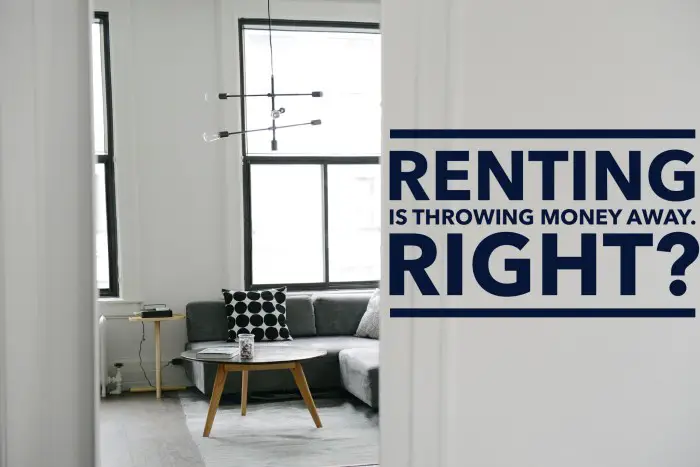Buying a house can be a daunting process. It requires a lot of paperwork and can take months to complete.
Ultimately, it comes down to personal preference. However, you should also consider whether it makes sense financially.
1. Taxes
Buying a house costs more than renting because it includes many expenses like transaction costs, mortgage payments, and down payment. These expenses need proper planning and budgeting and you should be aware of them before you decide to pen down the papers.
Moreover, the home you buy is also subject to property taxes which vary depending on your area and the appraised value of the home. In addition, homeowners have to pay maintenance and repair costs, which are often out of their control.
In addition to these, you have to pay property insurance as well. This insurance may be optional, but it’s a good idea to have it.
Another expense to consider is closing costs. These include appraisals, loan origination and title fees, legal fees, and more. These can be anywhere from 3 to 5% of the total purchase price.
2. Maintenance
There are a lot of expenses associated with owning a house. From the monthly mortgage payment to maintenance and repairs, it’s important to have a handle on these costs before you make your purchase.
Buying a home can be a great financial move if you’re prepared to put in the effort and time required to make it your dream home. It’s also an excellent way to build equity, which is a key factor in retirement planning.
A good rule of thumb is to budget 1% of your home’s value per year for your maintenance fund. That may sound like a lot of money, but it’s actually quite manageable. The best part about that is you’ll be able to enjoy the rest of your money on other things, like vacations and new furniture. Buying a house is also a fantastic opportunity to make a lasting impression on your guests, so you might want to consider adding some nice touches to the inside and outside of your home.
3. Equity
As you make your mortgage payments, and/or if your home’s value goes up, you build equity. The greater the amount of equity you have, the more money you can borrow from it. This can be a valuable financial cushion when you’re facing life’s ups and downs, or if you want to cash out.
Buying also brings some intangible benefits, like a sense of pride and stability, along with the tangible ones like tax deductions and equity. Whether or not these are important to you depends on your goals and finances.
The decision to buy a house or rent an apartment should be an informed one. Buying is cheaper than renting in most areas, but it may not be right for everyone. The best way to decide is to analyze the costs of both options.
4. Flexibility
One of the biggest advantages to renting is flexibility. If you are moving around frequently, renting can be a great option, as it allows you to try different areas and decide which ones you want to stay in long-term.
The downside to buying a house is that it can take time to build equity and pay off your mortgage. Homeowners also have to worry about repairs, insurance and taxes.
However, these fees are much less costly when you rent an apartment. In addition, you do not need to pay for a down payment when renting an apartment.
For most people, renting an apartment is a more practical and cost-effective option than buying a house. Moreover, in New York City, the rental market is very large and you can easily find an apartment to suit your needs.

